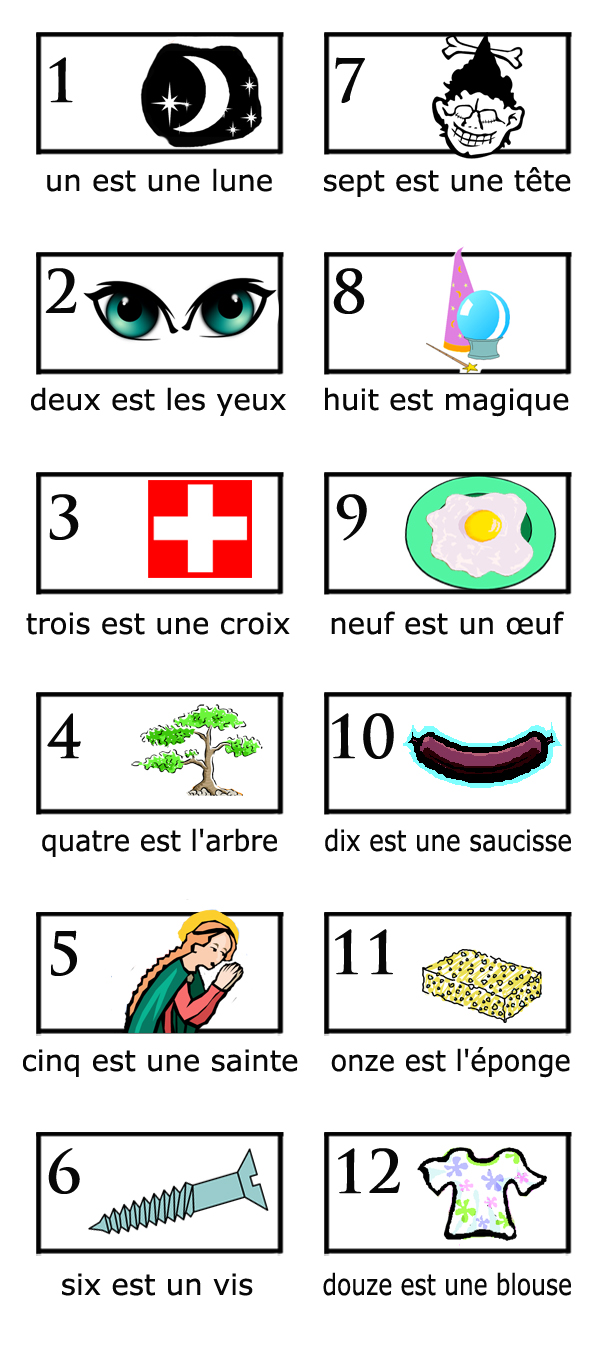Consider our facts about blood:
- arteries are thick and elastic and carry blood that is rich in oxygen from the heart.
- veins are thinner, less elastic, and carry blood rich in carbon dioxide back to the heart.
We could, as is often advised, simply turn these into why questions. And we can answer these on the basis of the connections we’ve already made:
Why are arteries elastic?
Because they need to accommodate changes in pressure
Why are arteries thick?
Because they need to accommodate high pressure
